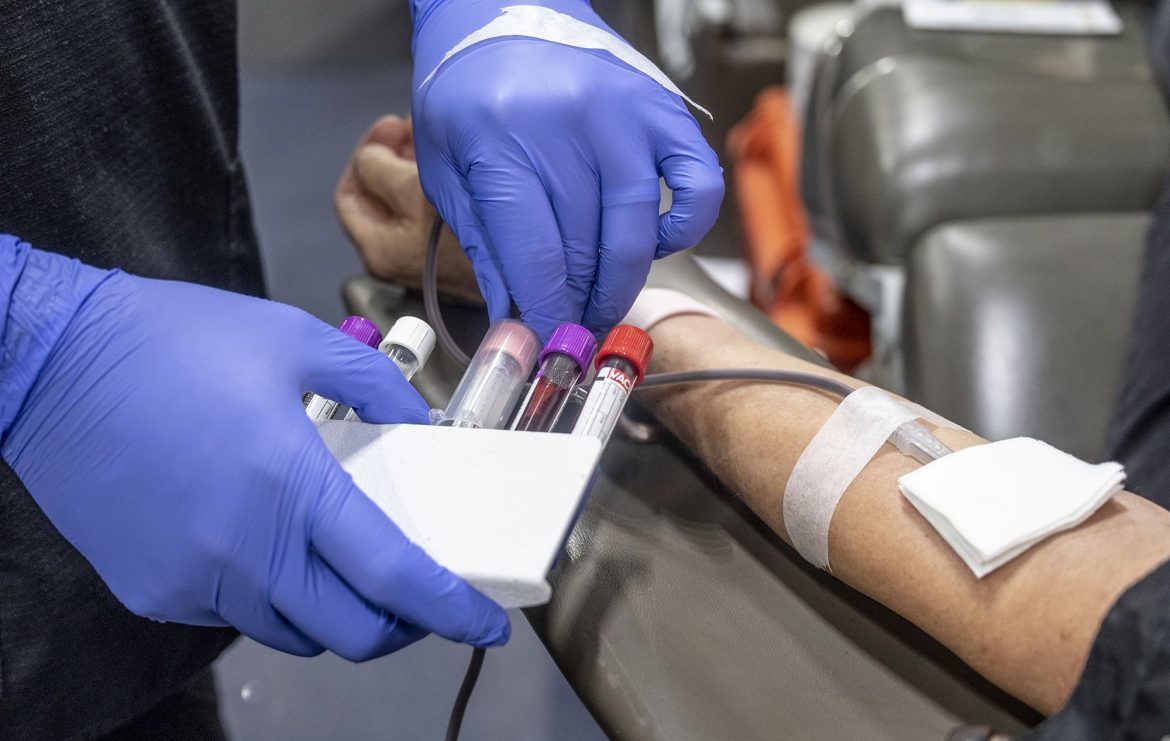The American Red Cross has warned that the climate crisis is threatening the medical blood supply in the US, with this summer’s record heat contributing to an emergency blood shortage.
As summers in the US get progressively hotter, blood drives across the country are said to be persuading people to donate are facing challenges. In the month of July alone, when more than 130 million Americans were under heat advisory warnings, the American Red Cross said that turnout at almost 100 of its blood drives was affected by the weather.
The organization said that record heat in July and other extreme weather combined with typical seasonal obstacles, such as summer leisure travel, drove a shortfall of more than 19,000 blood donations across the country. Its national blood inventory plummeted more than 25%, while hospital demand for lifesaving blood products has remained constant.
“That’s a very fast drop in just about a month, and that limits our ability to meet hospital requests for blood,” Rodney Wilson, the senior biomedical communications specialist for the American Red Cross, said. “So as hospitals request blood to treat patients, we’ve had to limit our distributions of some of those key types that they need the most, because there isn’t enough for everybody.”
Wilson said that the number of cancelled blood drives due to heat and extreme weather was higher this summer than last year.
Read also: Scottish government criticised for bringing back peak rail fares
The American Red Cross is a non-profit organization that supplies about 40% of the nation’s donated blood and blood components and has volunteers around the country assisting with disaster recovery.
American Blood Centers, which operates more than 600 blood collection sites in the US, described the US’s blood supply this month as “strained”, “lower than it should be” and “trending downward at concerning levels”, adding that many blood collection organizations were facing critical shortages.
A report issued by the US government last year found that the US is warming faster than the global average and that Americans are suffering “far-reaching and worsening” consequences from the climate crisis, and that every corner of the country is facing “increasingly harmful impacts”.
The organization said that the extreme heat and weather disasters did not end in July. In early August, Hurricane Debby caused torrential rain, flooding, power outages and travel hazards in parts of the US south-east, and forced the cancellation of many blood drives, which exacerbated the blood shortage. Wildfires in the west had also affected blood drives, Wilson said, adding that the increasing severe weather was complicating efforts to rebuild the nation’s emergency blood supply.
Already since the beginning of August, 60 blood drives across the US have been cancelled due to extreme weather and heat, Wilson said, amounting to about 1,500 blood donations that were not able to be collected.
Story was adapted from the Guardian.
